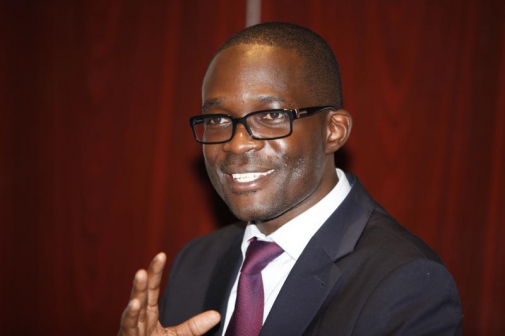
I am waiting to understand how election campaigns will be conducted in the prisons. Elections are about candidates selling their agenda to the electorate and offering themselves for election. The understanding is that the candidates have free, fair and equal access to voters. They can, therefore, make a pitch to them and expect the votes.
Now that we have decided that prisoners will also vote, concerned authorities should bring out the necessary information. First, how many prisoners are there in the country? In which prisons are they? How many of them are eligible to vote? How do we reach them to sell our candidacy to them?